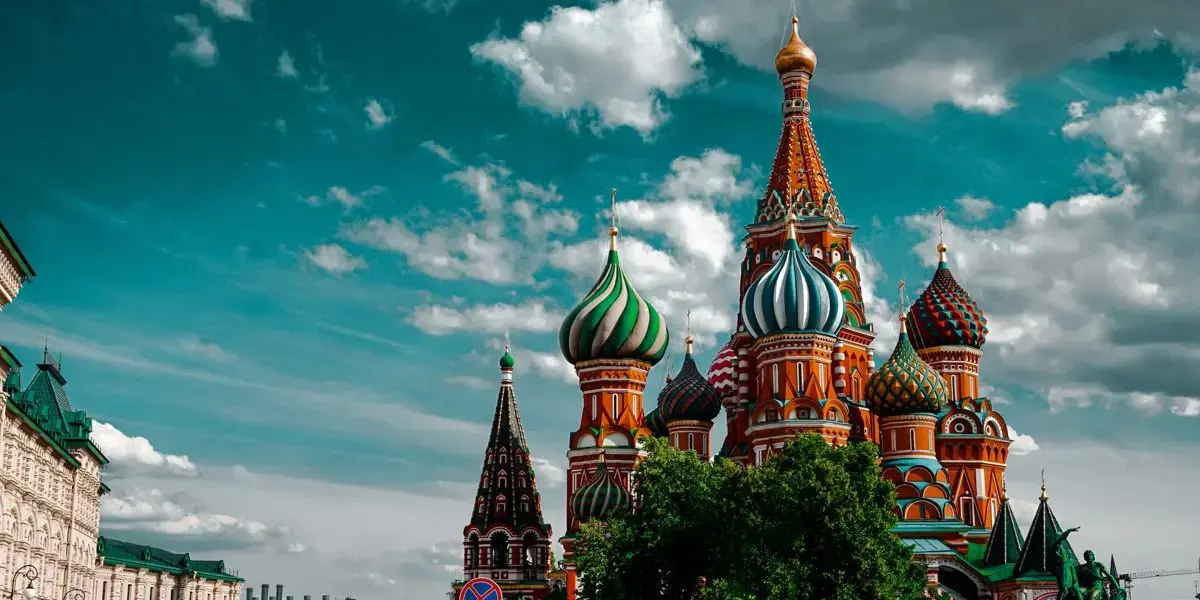
This article explores the Bitcoin situation in Russia, its implications for the future of payments in Russia, legality and the Kremlin’s view on such payments. Russia commonly refers to payment via Bitcoin as ‘tax evasion’ and ‘illegal fundraising’.
The Goverment’s Stand
Being a completely decentralised currency, no government in the world can stop the use of Bitcoin. While some may ban the use of cryptocurrencies for official payments, its use is still expanding between users. Exchanges offer indiiduals the opportunity to exchange Bitcoin into gift cards, fiat cash or even stocks and legal bonds. Hence, money received via Bitcoin is difficult to trace trace.
As most large Government, the Kremlin doesn’t like not being able to trace the financial path between individuals. Putin’s latest view on this situation has escalated from a ‘workaround’ to a complete ban of cryptocurrency in Russia, which has upset a number of legitimate users.
Why Bitcoin?
The Russian Government has been known to freeze the bank accounts of NGOs ‘for security purposes’ and prevent them from raising or transfering funds. This limits the ability for these organisations to continue operations.
While there are alternatives available, such as PayPal or Stripe making it still technically possible, they come with considerable privacy and operational concerns. The fees for withdrawing fiat in roubles is nothing short of outrageous. It simply isn’t sustainable for these organisationsto operate like this in the long run. These organisations also must comply with Government restrictions and provide reporting on the individuals use of funds.
Bitcoin’s universal acceptance makes it easy for both the donor and the receiver to exchange funds. It is quickly becoming the prefered method of payment in some groups and it is possible that the day will come when Bitcoin will be the currency of choice for many residents.
Bitcoin can be used semi-anonymously providing appropriate steps are taking to protect your use. Noting that while wallet addresses may be trackable, there may have an unlimited number of wallets. Users need to be vigilant to not include any personally identifiable information during their transaction. This enables supporters from other countries to assist in causes they believe in.
There is also some confusion in Russia whether Bitcoin must be considered as property, investment or asset. Different laws and tax apply to each, so it can be convenient to switch roles from asset to property for less tax and mobility. However, until the authorities agree about Bitcoin’s financial nature, they cannot pass a law governing it.
Statistics show that overall NGO funding is increased when Bitcoin is accepted as a method of payment. Since 2016, anti-corruption activist Alexei Navalny and his team have raised over 648 BTC, or currently USD 6 million, just by accepting Bitcoin. Moreover, as the nature of the currency is undecided, Navalny cannot be charged with tax evasion or be arrested for illegal fundraising.
The government is unhappy over loss of control, but there’s nothing it can really do. The confusion about Bitcoin’s legal meaning must be cleared before anything can be done about it, and that’s going to take a long time. Crypto is in a gray zone in Russia in general, with a regulation bill currently stuck in the parliament amid a lingering possibility of a ban.
Problems faced by Crypto
However, donations in crypto cannot be used as a legal source of funding for an official political campaign. Navalny’s campaign was the only one famous enough to feature in the news. Many smaller fundraisers cannot collect payments in cryptocurrency, just because they aren’t known all that well and potential donors are unaware of them.
This leads to a situation where the NGOs and human rights campaigns are controlled by, and in favour of, the Russian Government. 68% of Russians know that crypto cannot be used for daily purchases and bills.
Bitcoin is viewed as a long term investment by many people. An anonymous reliable source confirms that there is no real market for Bitcoin in Russia. For the general citizen, it is more convenient to send payments with a debit card than take care of a virtual wallet. Part of the problem is the failing economy. Many people simply don’t have enough spare money to buy crypto. The ones who do, prefer to keep their savings in a readily accepted currency.
“In Russia, people mostly use crypto either to get around the law, or IT workers use it for their personal purposes. But an ordinary donor who has a debit card or some money on his cell phone balance won’t use crypto to donate,” says [Alexander Elkin[(https://www.coindesk.com/russian-activists-use-crypto-kremlin-doesnt-like-it)], an IT worker at the fund Russia Behind Bars.
Putin’s view on BTC
In an interview on the Russian Government funded NTV, the Russian President was asked about his views on Bitcoin:
Will Russia ever have a cryptocurrency that’s under government control? And, Will this cryptocurrency replace cash?
Putin’s response:
“The question you’re asking is formulated incorrectly because Russia having its own cryptocurrency is impossible. Just as it is impossible for any other country to have its own cryptocurrency, because if we are talking about cryptocurrency, it is something that is beyond national borders.”
This makes us think that Putin has a very good grasp of the technology behind BTC and he is aware of the difficulties in a decentralised currency.
While accepting and sending payments via Bitcoin is perfectly legal in Russia, the Government is not overly enthuased by its use. It tends to be used by individuals and organisation who prefer some privacy from the Government. With out accessible methods to be used for faily purchases and bills, the majority of Russians just aren’t interested in it.
Related Posts






Subscribe to our newsletter!
Information



